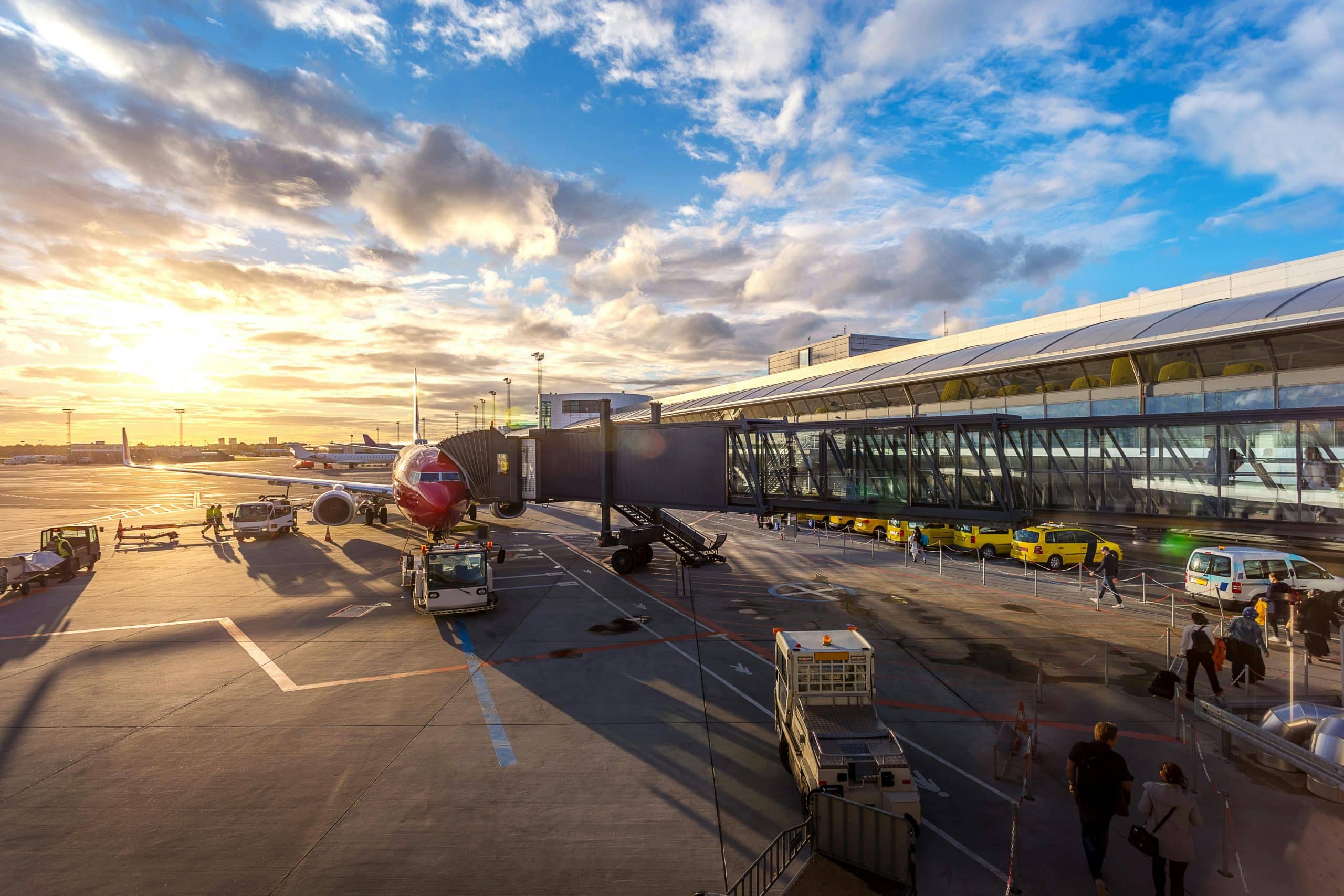How Is Facial Recognition Technology Reinforcing Security at UK Airports?

As we navigate the digital age, the relationship between technology and security continues to evolve rapidly. Nowhere is this more apparent than in the increasing adoption of facial recognition systems at airports across the globe, including the United Kingdom. With the massive flow of people and the paramount importance of security, airports are ideal for implementing state-of-the-art technology like facial recognition. But what does this mean for passengers, public safety, and privacy? Let’s delve into the world of biometric technologies and how they are shaping the future of airport security.
The Rise of Facial Recognition Technology in UK Airports
In an era where security is paramount, technology is playing a significant role in enhancing safety measures. One such technology that has been adopted by airports across the UK is facial recognition. This advanced technology uses biometrics to map facial features from a photo or video. It compares this information with a database of known faces to find a match and identify an individual.
Also to discover : What’s the Latest Development in Biodegradable Electronics to Reduce Tech Waste?
Facial recognition technology has been increasingly incorporated into the systems of UK airports. For example, Heathrow Airport in London has introduced biometric self-boarding gates, a move that has made it the largest deployment of biometric technology in the world. These gates use facial recognition technology to allow passengers to board planes quickly and efficiently.
Enhanced Security and Efficiency with Biometrics
The primary advantage of facial recognition technology in airports is the enhancement of security measures. Traditional methods of manual identification are prone to human error, while biometric methods provide accurate and quick results. By identifying passengers quickly and accurately, airports can ensure that only authorised individuals gain access to secure areas.
Topic to read : What’s the Role of AI in Crafting Personalized Educational Curriculums?
This technology is not only enhancing security but also improving efficiency. Long queues are a common sight at airports, often leading to delayed flights. However, with facial recognition, passengers can be processed faster, reducing queues and wait times. This technology is also reducing the need for physical documents, making the process more convenient for passengers.
The Role of Automatic Face Recognition (AFR)
Automatic Face Recognition (AFR) is the technology that powers facial recognition systems. AFR uses algorithms and machine learning to identify facial features and compare them with those in a database.
The police in the UK have been testing this technology to help identify criminals in crowded public places. In the world of airports, AFR has taken centre stage, with the technology being used in passport control, boarding gates and even check-in kiosks.
The use of AFR in UK airports has significantly bolstered security. It provides authorities with the ability to pick out individuals from massive crowds, be it for criminal identification or passenger processing.
Facial Recognition and Data Privacy
One of the main concerns around the use of facial recognition technology is data privacy. The collection and storage of biometric data raise serious questions about how this sensitive information is protected.
In the UK, the government has implemented stringent rules to regulate the collection and use of biometric data. The Information Commissioner’s Office (ICO) in the UK is a public body that sets out guidelines for the use and protection of personal information. Furthermore, the Data Protection Act 2018 stipulates that explicit consent must be obtained before biometric data can be processed.
While privacy concerns persist, it’s evident that steps are being taken to strike a balance between leveraging technology for security and preserving individual privacy.
The Impact of Facial Recognition on the Public
The use of facial recognition technology in UK airports has a profound impact on the public. As passengers, people are experiencing a more streamlined and efficient travel experience. However, they must also contend with the fact that their biometric data is being stored and used for identification purposes.
Despite the ongoing debate around privacy, public sentiment towards facial recognition technology is gradually shifting. Many people recognise its benefits, such as preventing crime and terrorism, and expediting airport procedures. There is also a growing acceptance that such technology is not inherently invasive, but rather its misuse is the issue. As a result, government regulation and oversight are vital to ensure the technology is used responsibly and ethically.
In conclusion, facial recognition technology is undeniably transforming the landscape of airport security in the UK. While it brings along its share of concerns, particularly around data privacy, its potential to significantly enhance security and efficiency at airports is apparent. As this technology becomes increasingly commonplace, it will be interesting to see how regulation, public sentiment, and the technology itself evolve.
Future Prospects of Facial Recognition Technology in Airports
When considering the future of facial recognition technology in airports, it’s clear that this technology is here to stay. As the benefits of improved security and efficiency become more apparent, more airports in the United Kingdom and around the world are likely to adopt these systems.
The technology is expected to continue evolving, with improvements in recognition algorithms increasing accuracy and decreasing the chances of false identification. International airports in the United Kingdom, such as Heathrow and London City, are already experimenting with advanced biometric technology, and smaller airports are likely to follow suit.
This technology also opens up new possibilities for law enforcement. As the biometric data collected at airports becomes more extensive and sophisticated, it could potentially be used by law enforcement agencies to identify individuals who have committed a crime or pose a security threat, not only in the United Kingdom but also in international cooperation.
However, with these advancements come increased responsibilities for private companies that design and implement these systems. As the use of facial recognition technology becomes more widespread, these companies will need to invest heavily in ensuring that their systems are secure, reliable, and respectful of privacy rights.
Conclusion: Balancing Security and Privacy
Facial recognition technology represents a significant breakthrough in the realm of airport security. By automating the identification process, it eliminates human error, speeds up passenger processing, and enhances security measures. The impact of this technology is already being felt at major airports in the United Kingdom, and its influence is set to grow in the coming years.
However, as with any powerful technology, it must be used responsibly. The collection and use of biometric data pose serious privacy concerns. In the United Kingdom, regulatory bodies such as the Information Commissioner’s Office (ICO) have already taken steps to address these concerns, but ongoing oversight will be essential.
Moreover, public sentiment towards this technology is crucial. While many people recognise its benefits, there is also a recognition that misuse could have serious implications. Consequently, education about the technology and transparency about its use will be crucial to gaining public trust.
In the balance between security and privacy, facial recognition technology could be a valuable tool. However, it is imperative that its use is regulated, its operation is transparent, and its implementation respects individual privacy. As private companies, law enforcement, and federal governments around the world continue to explore the potential of facial recognition, these principles must guide their efforts.
In conclusion, while facial recognition technology is transforming airport security in the United Kingdom, its full impact will depend on how we manage its potential and pitfalls. As we navigate this new digital landscape, striking the right balance between security and privacy will be paramount.
